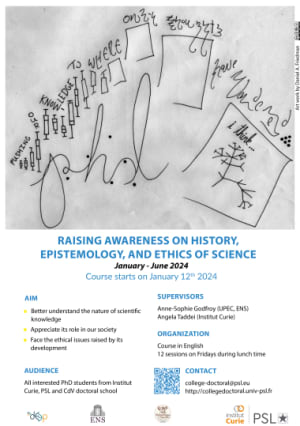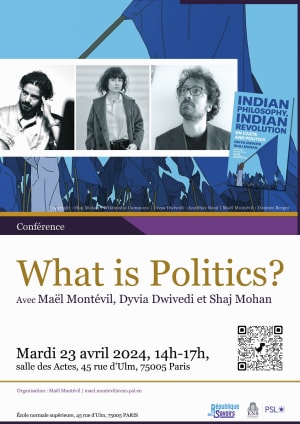
Normativité et disruption du vivant dans l’Anthropocène
Georges Canguilhem, 80 ans après Le Normal et le Pathologique
Quelle est aujourd'hui la pertinence des concepts de Canguilhem pour la compréhension du vivant et l'action.
Abstract
Quatre-vingts ans après, Le Normal et le Pathologique est une référence majeure en philosophie mais qu’en est-il en biologie et en médecine ? Plus précisément, quelle est aujourd’hui la pertinence des concepts de Canguilhem dans la compréhension du vivant et de l’action concernant le vivant ?









